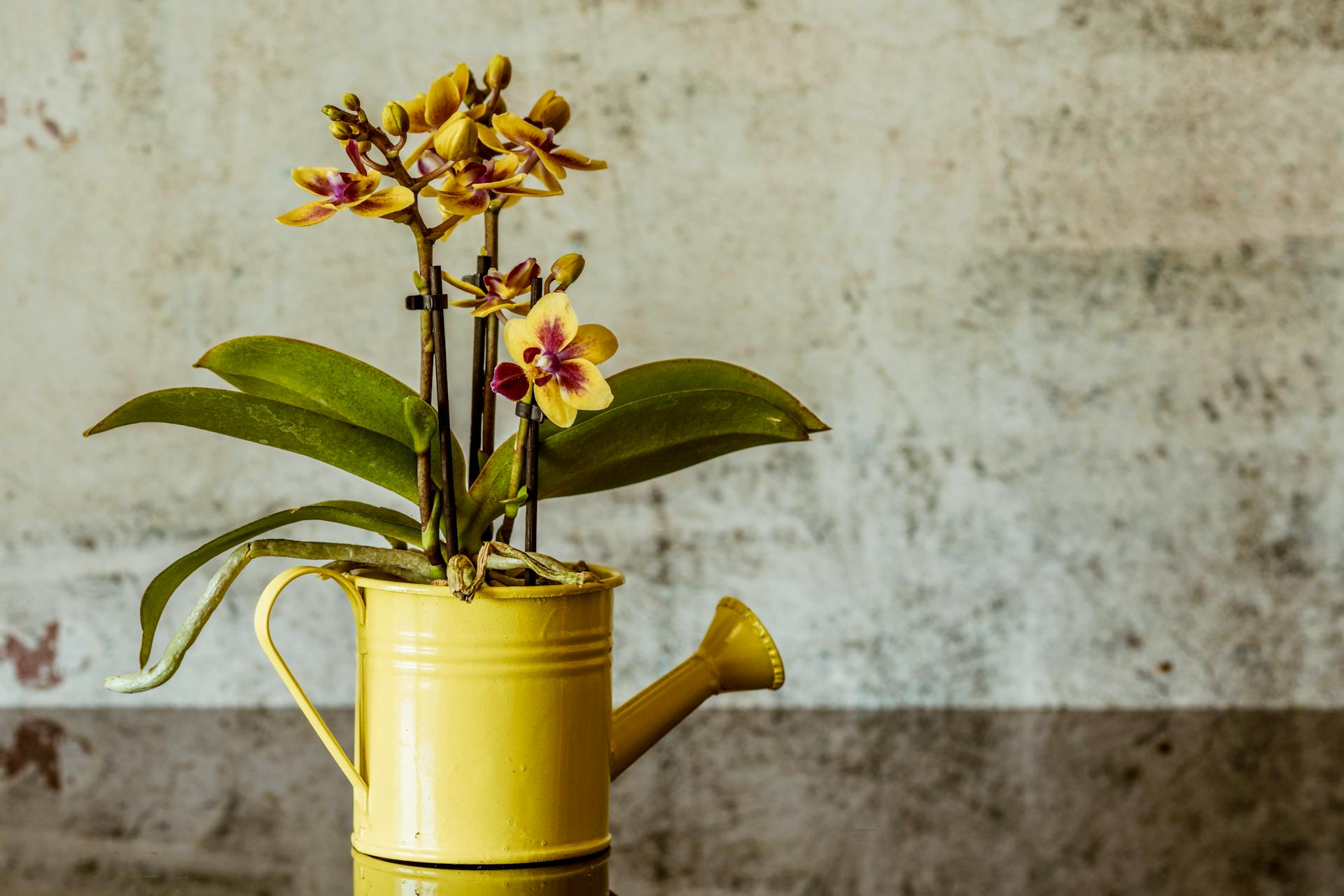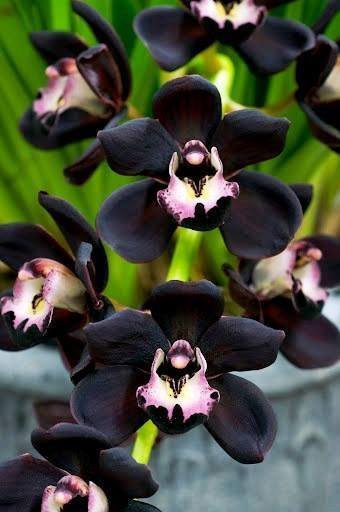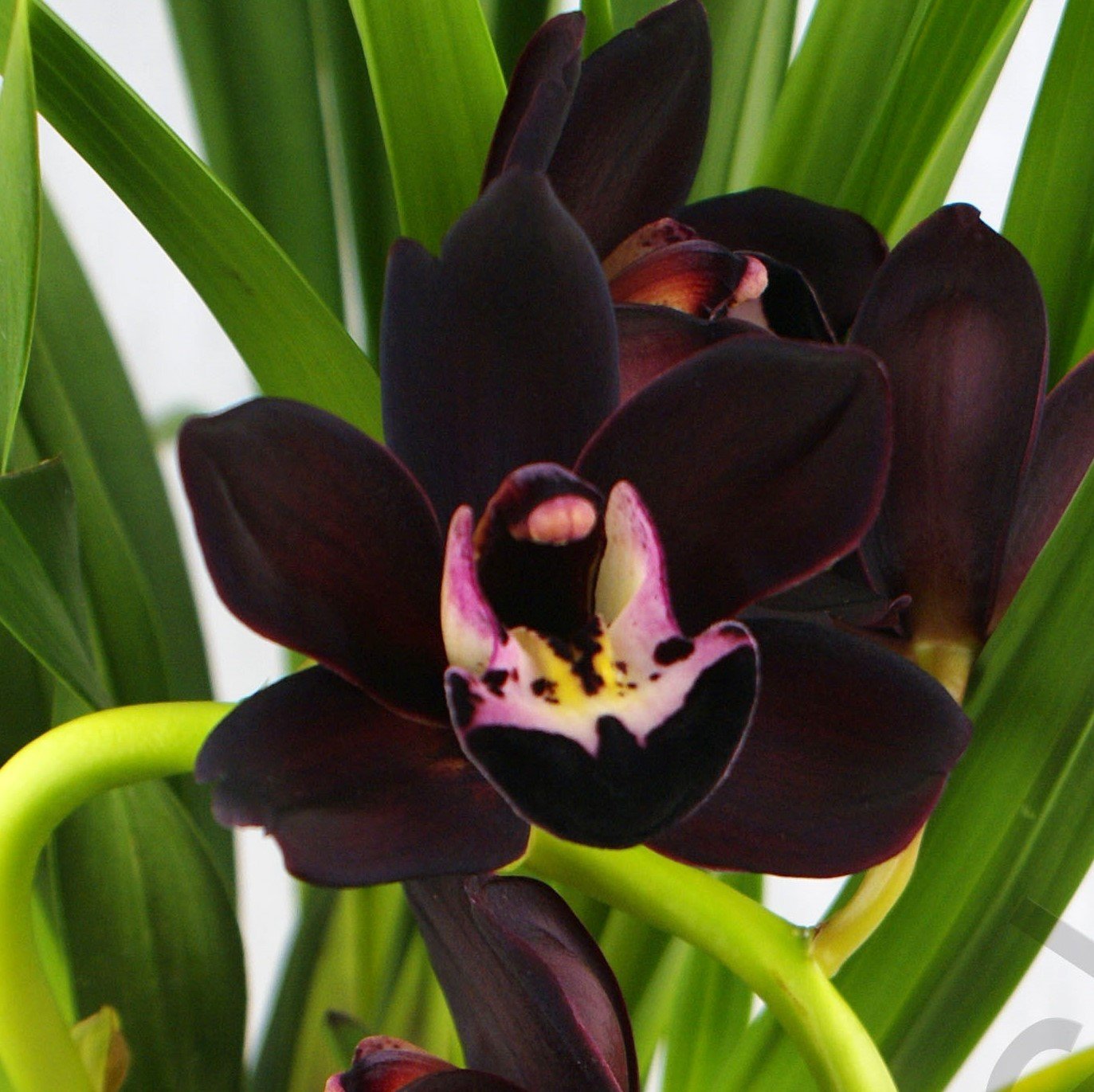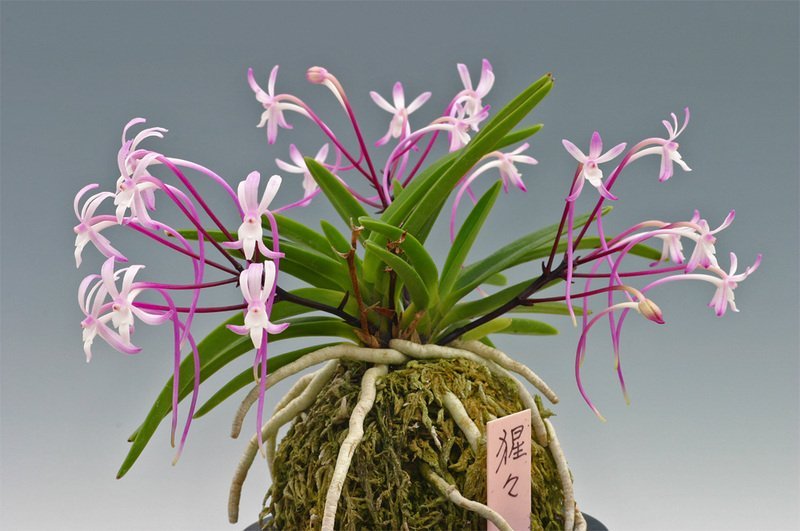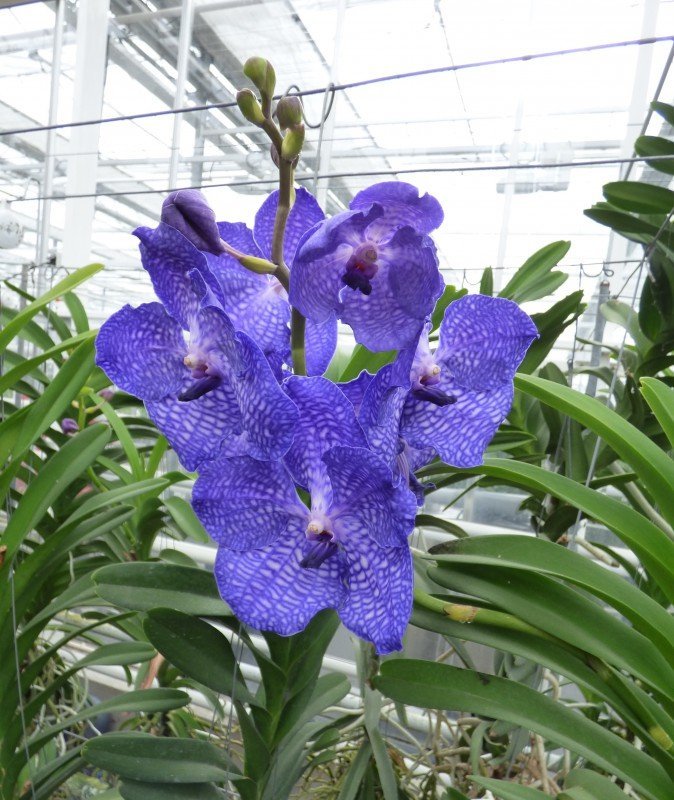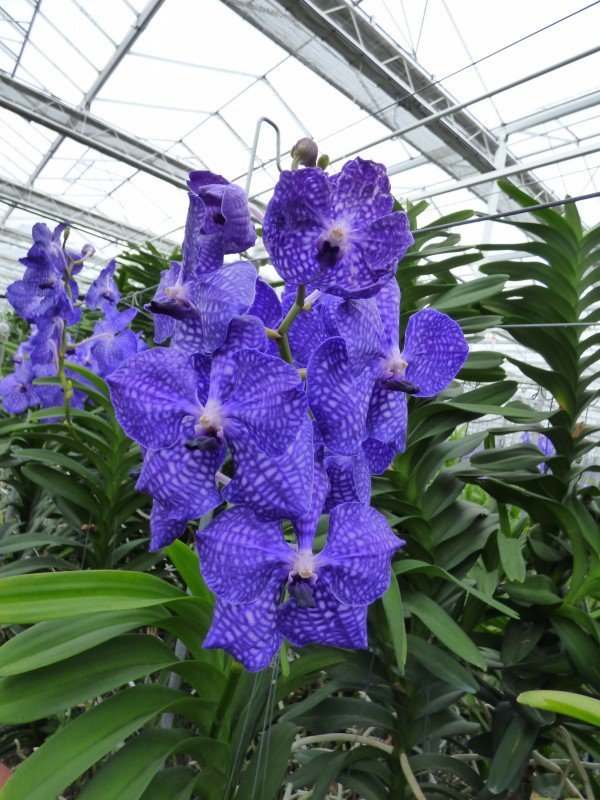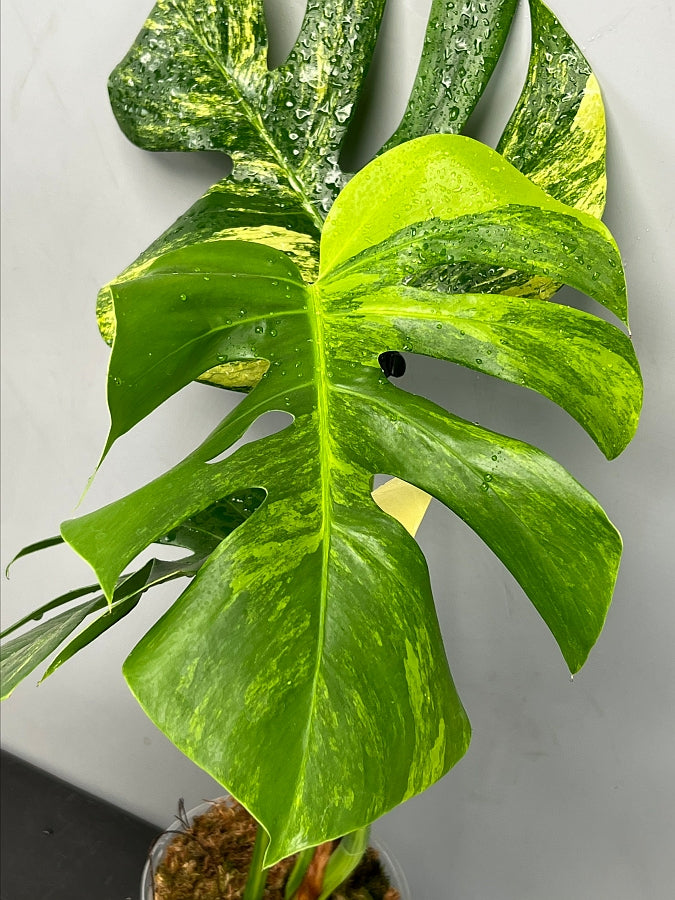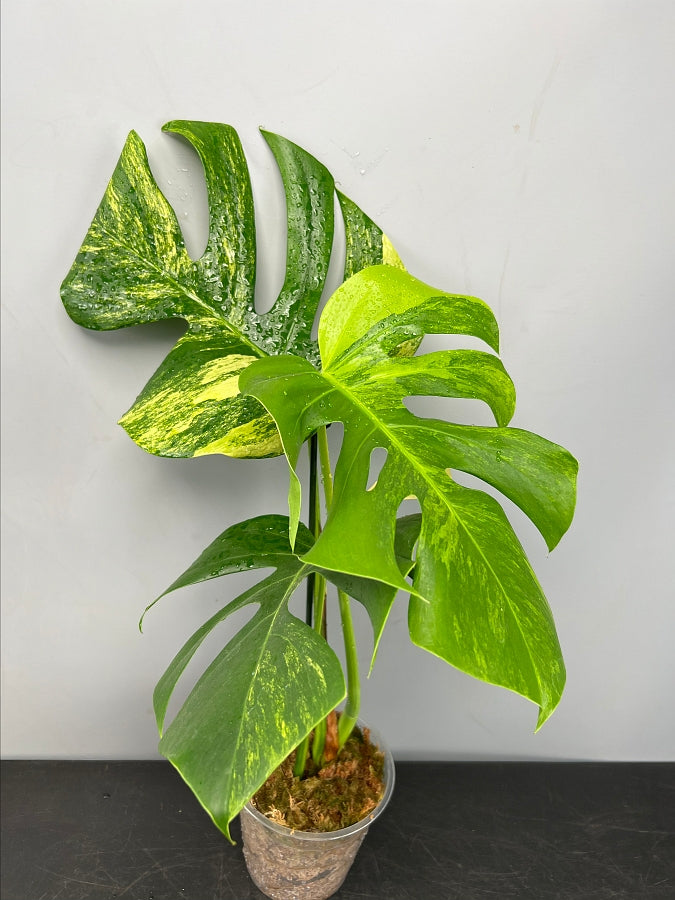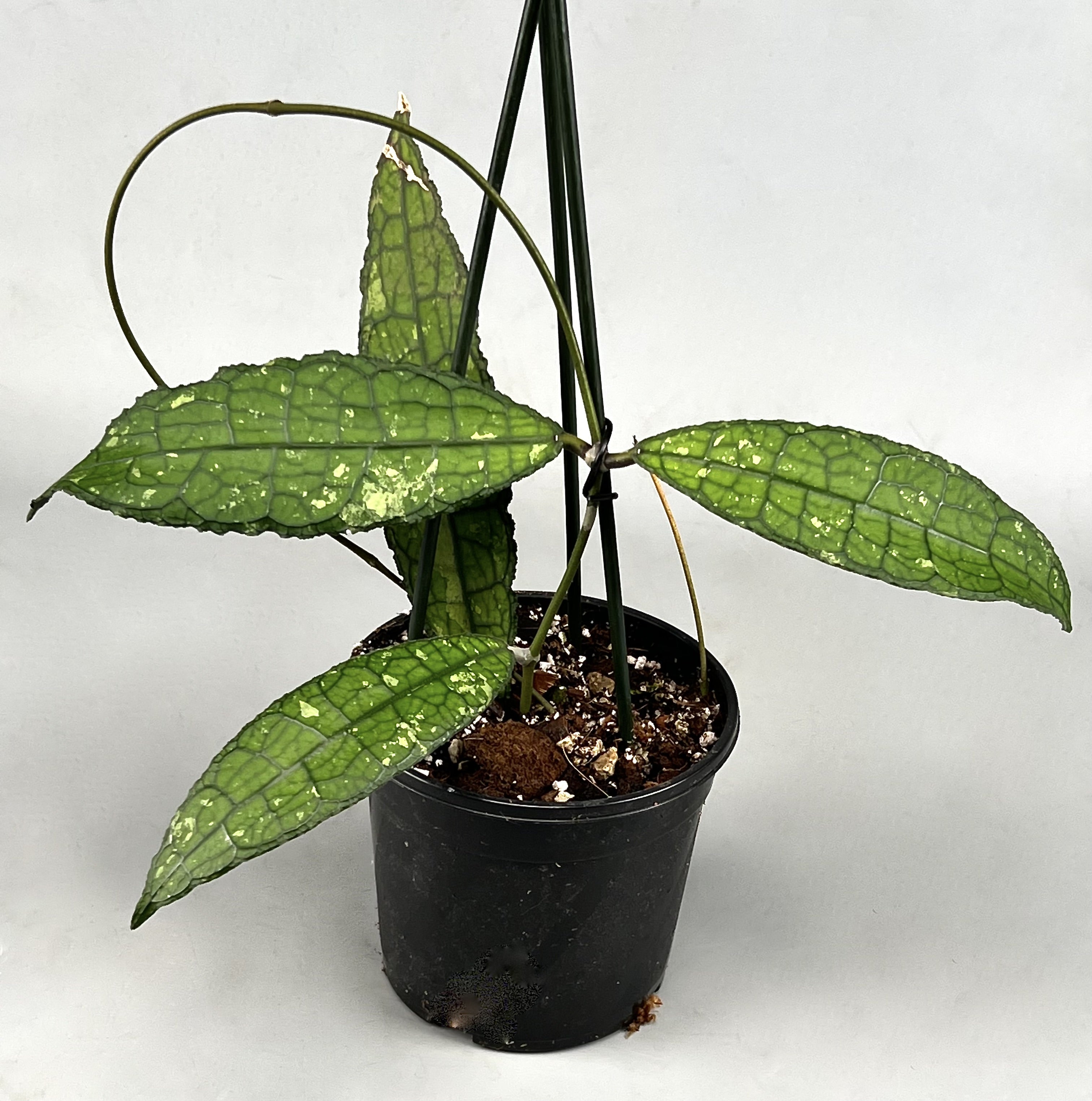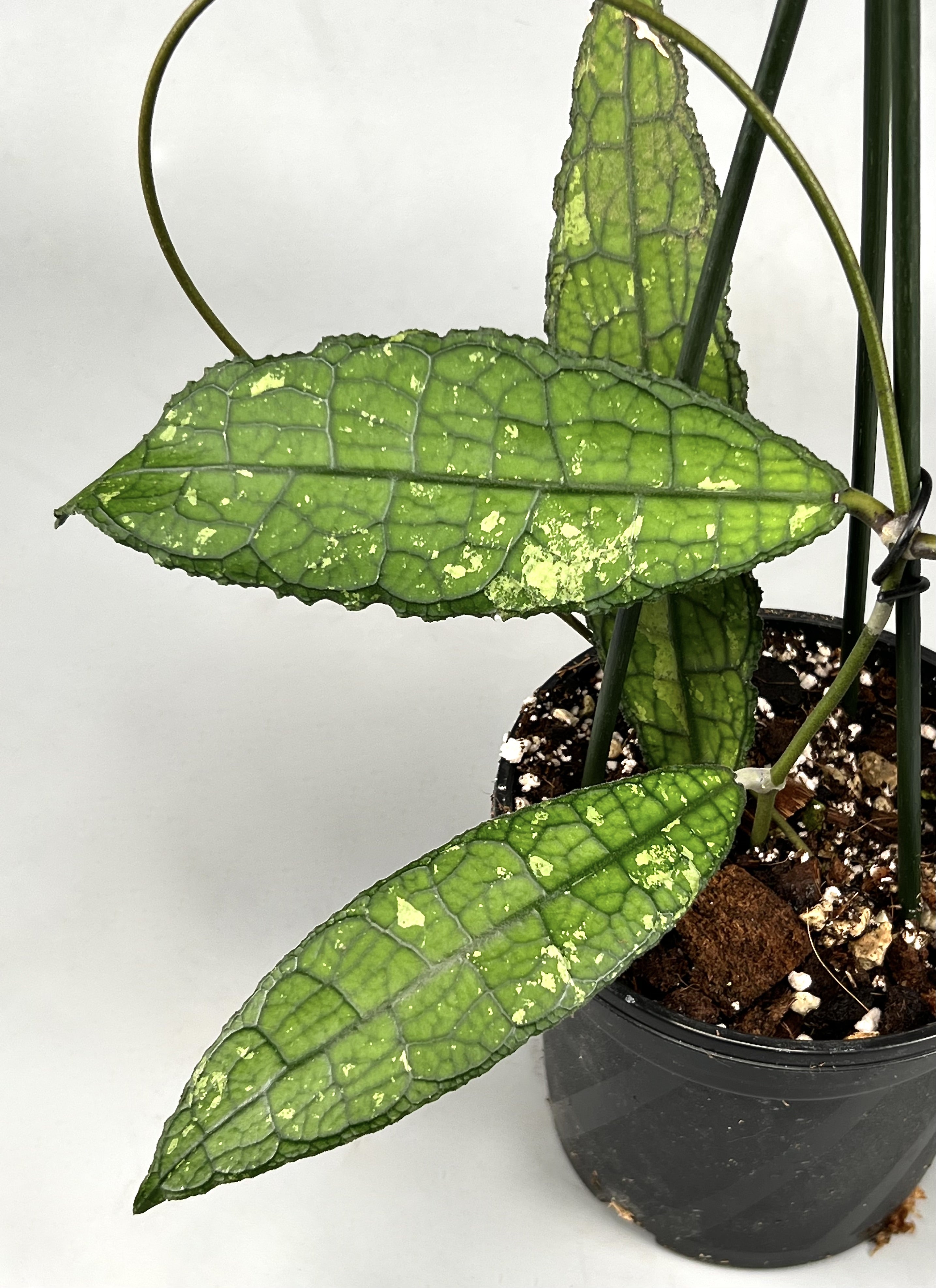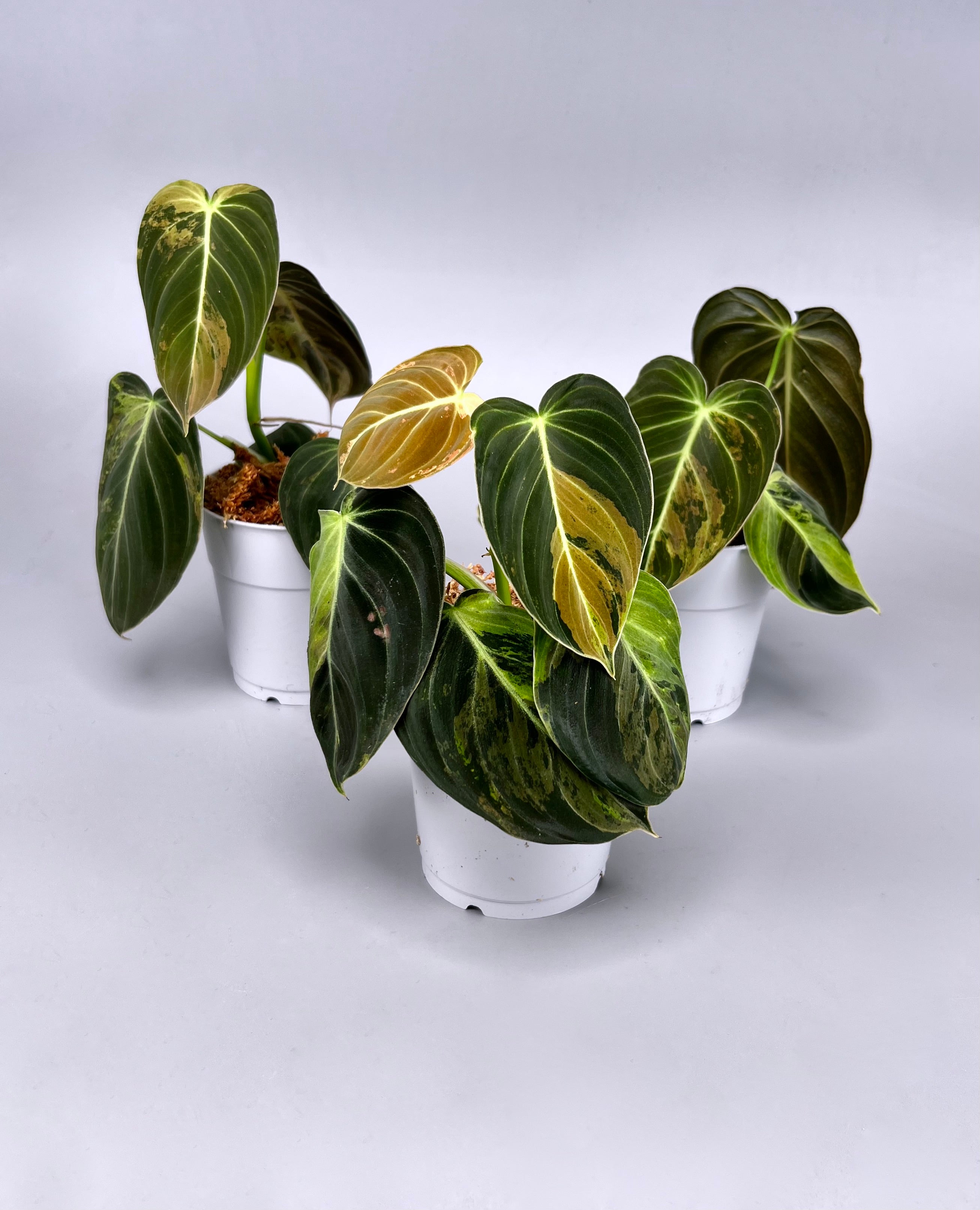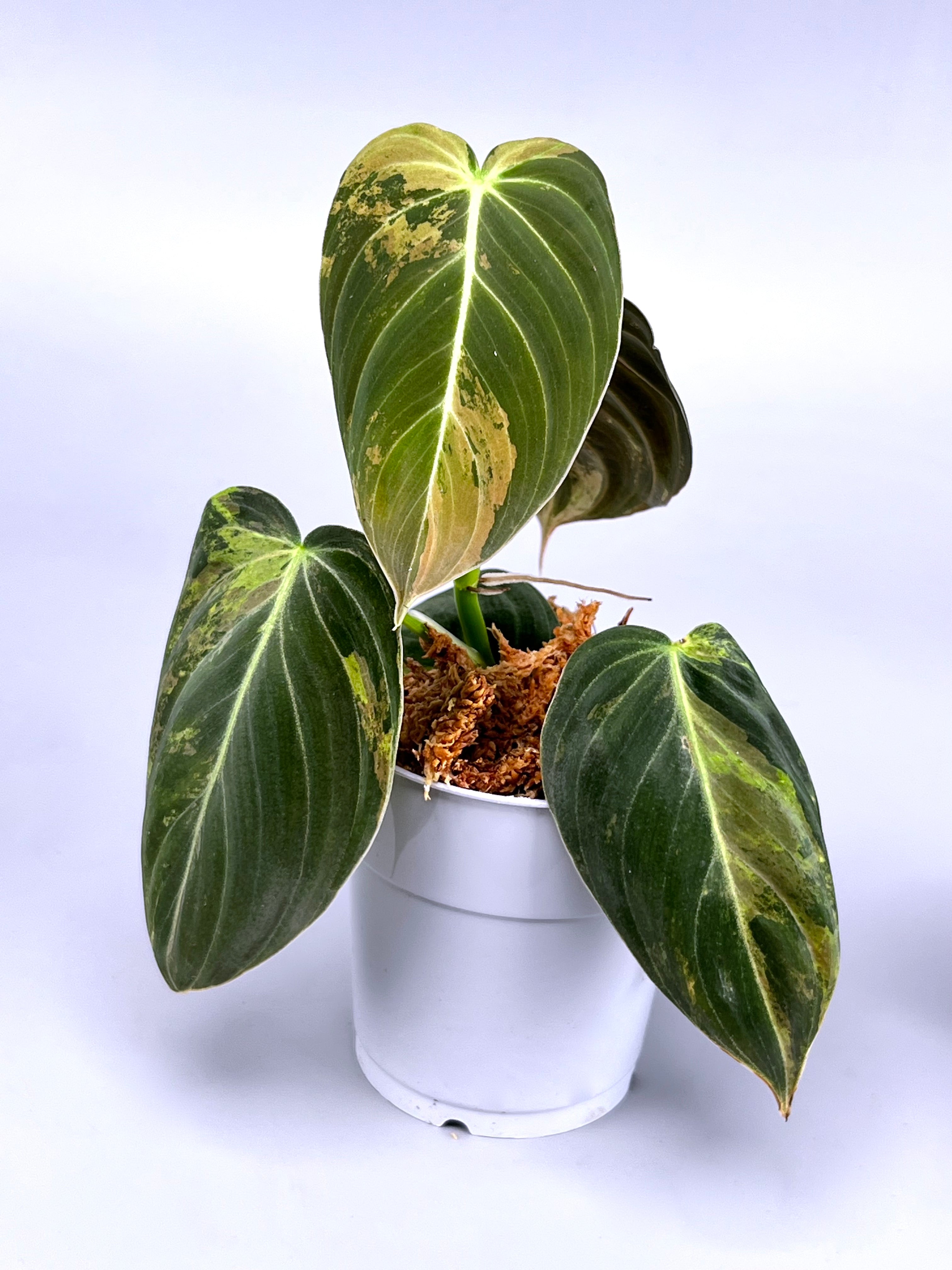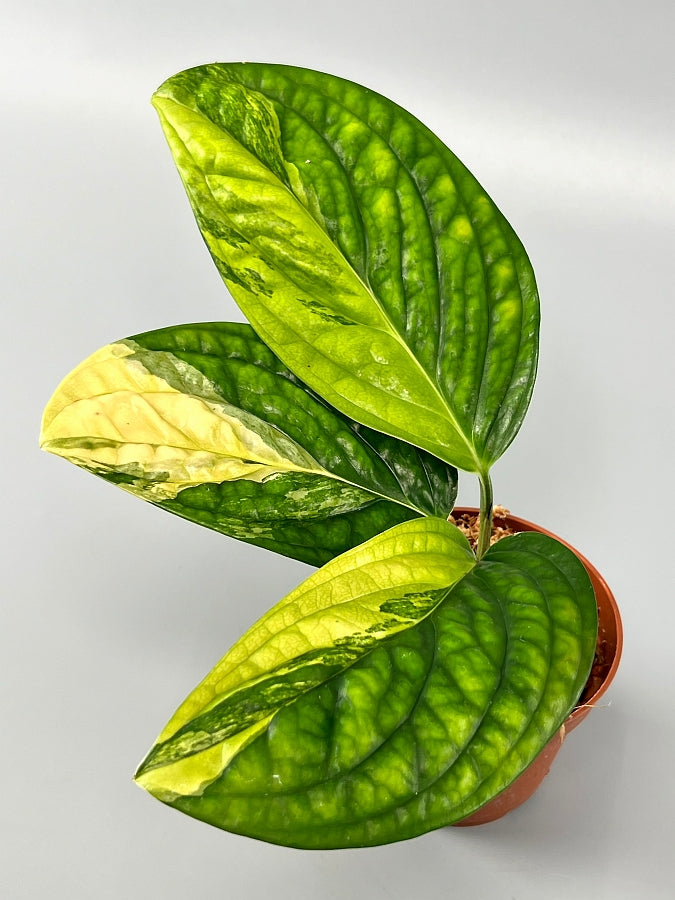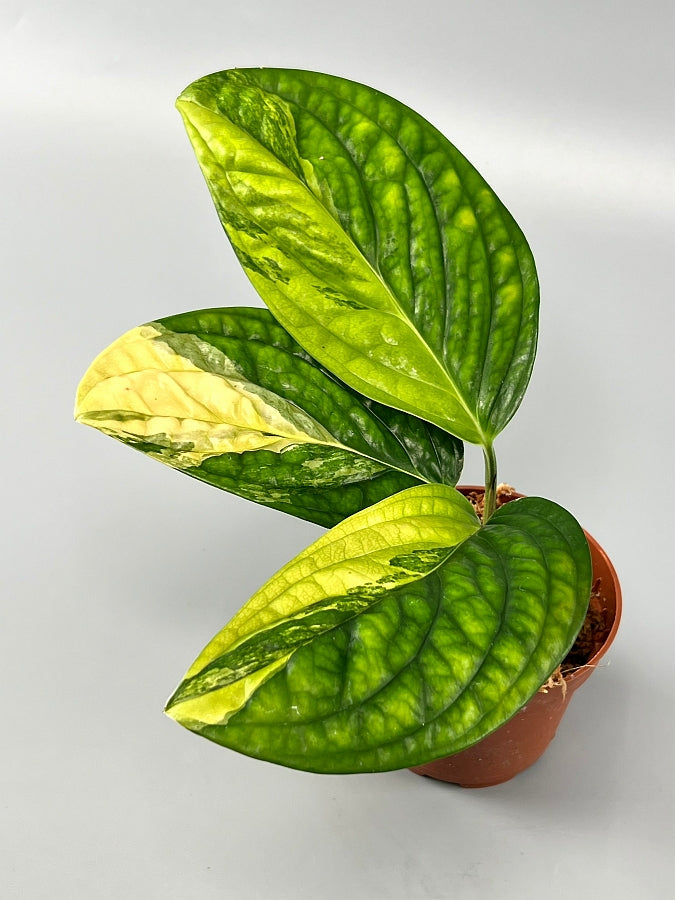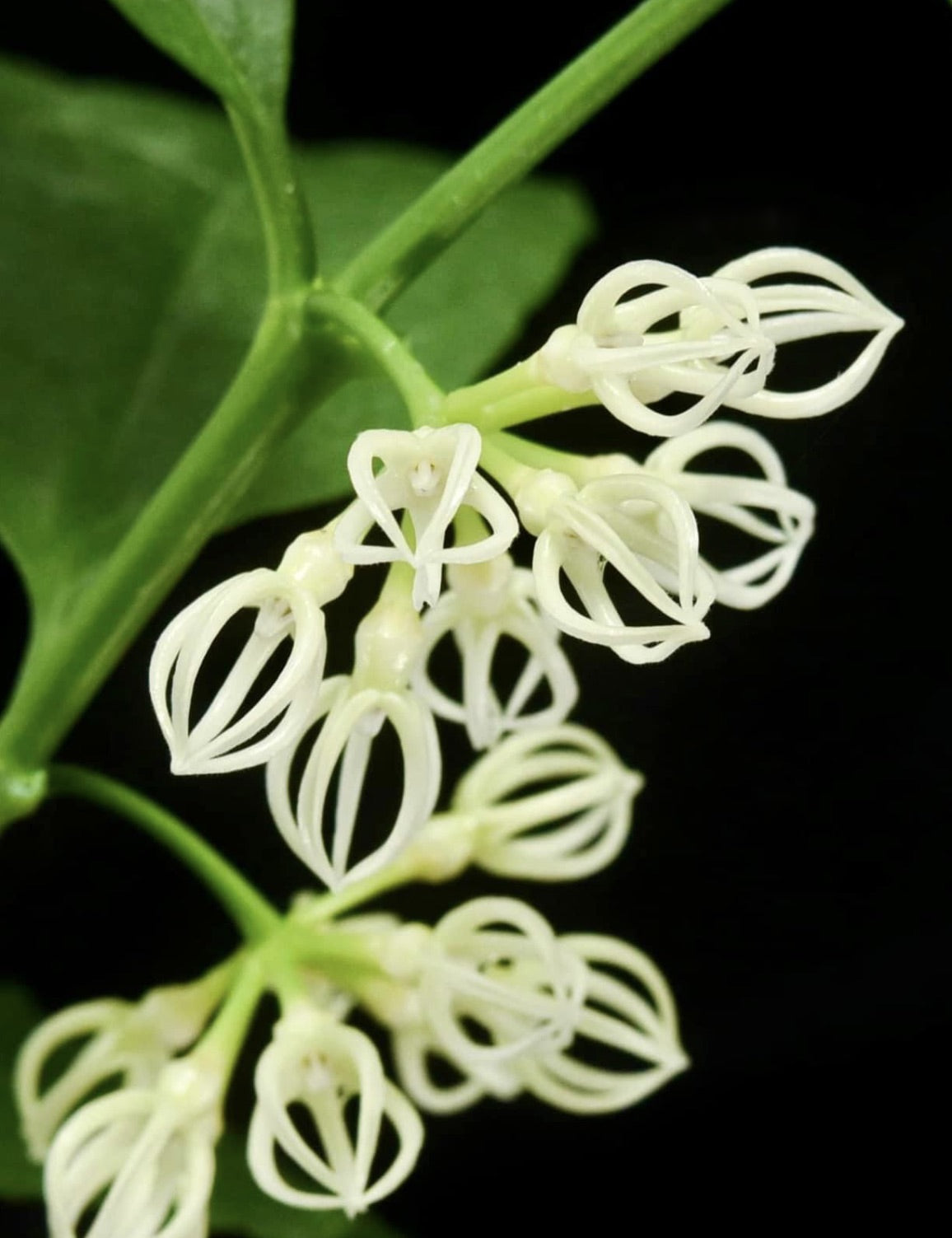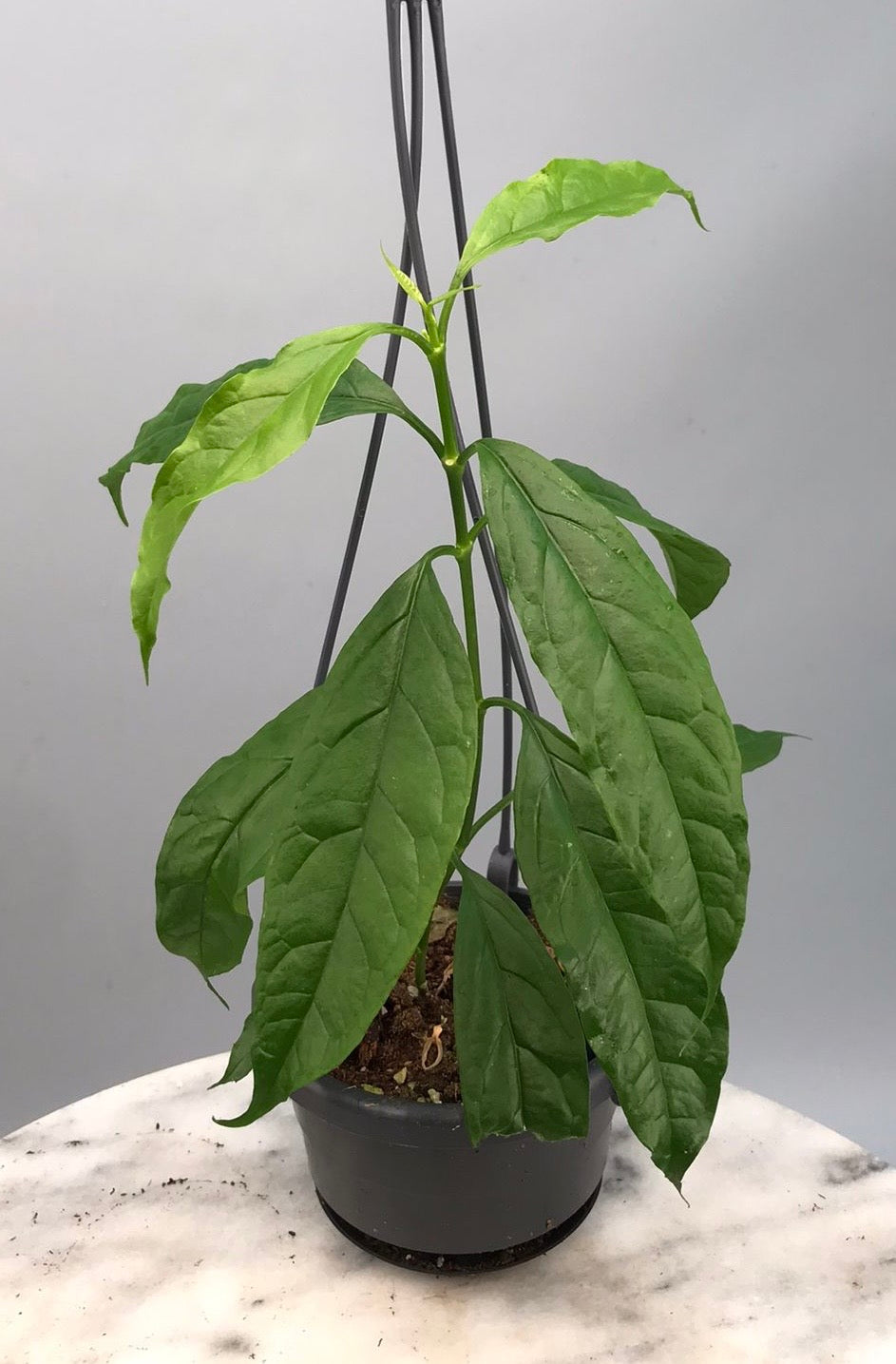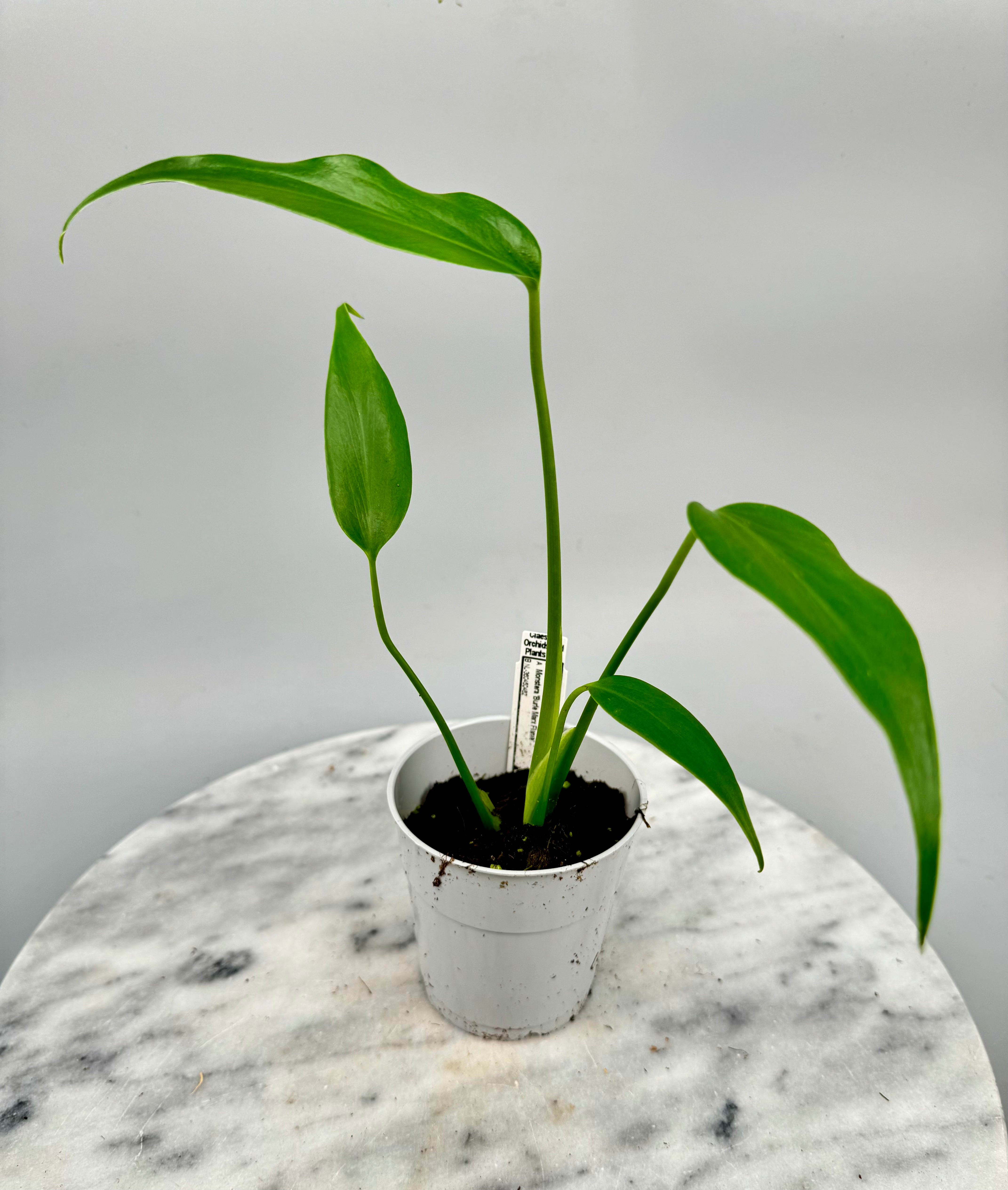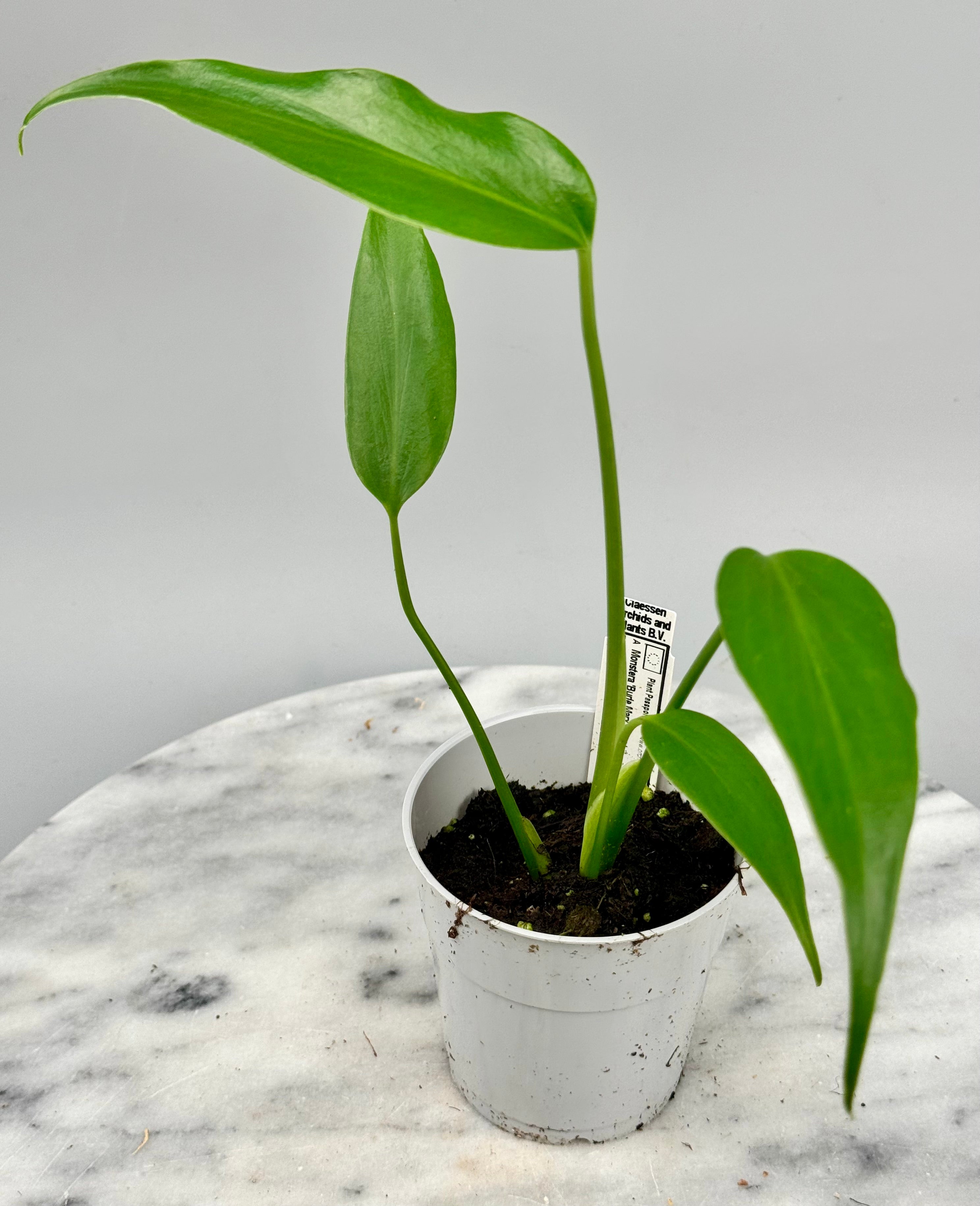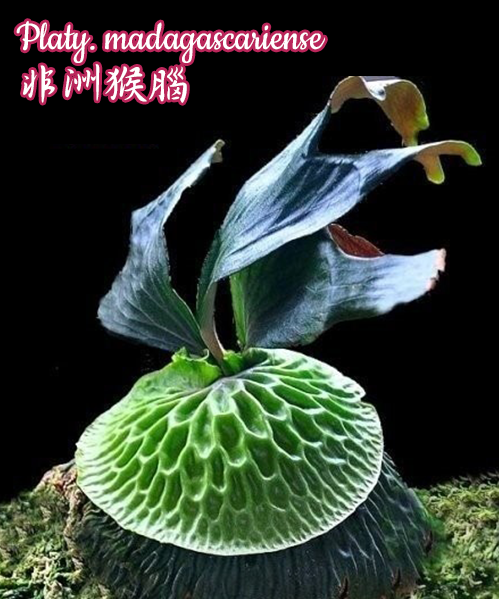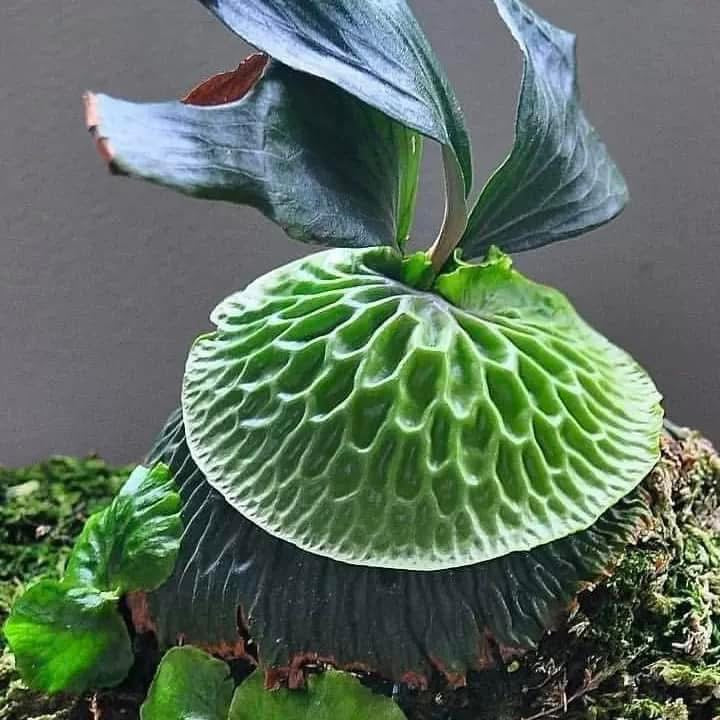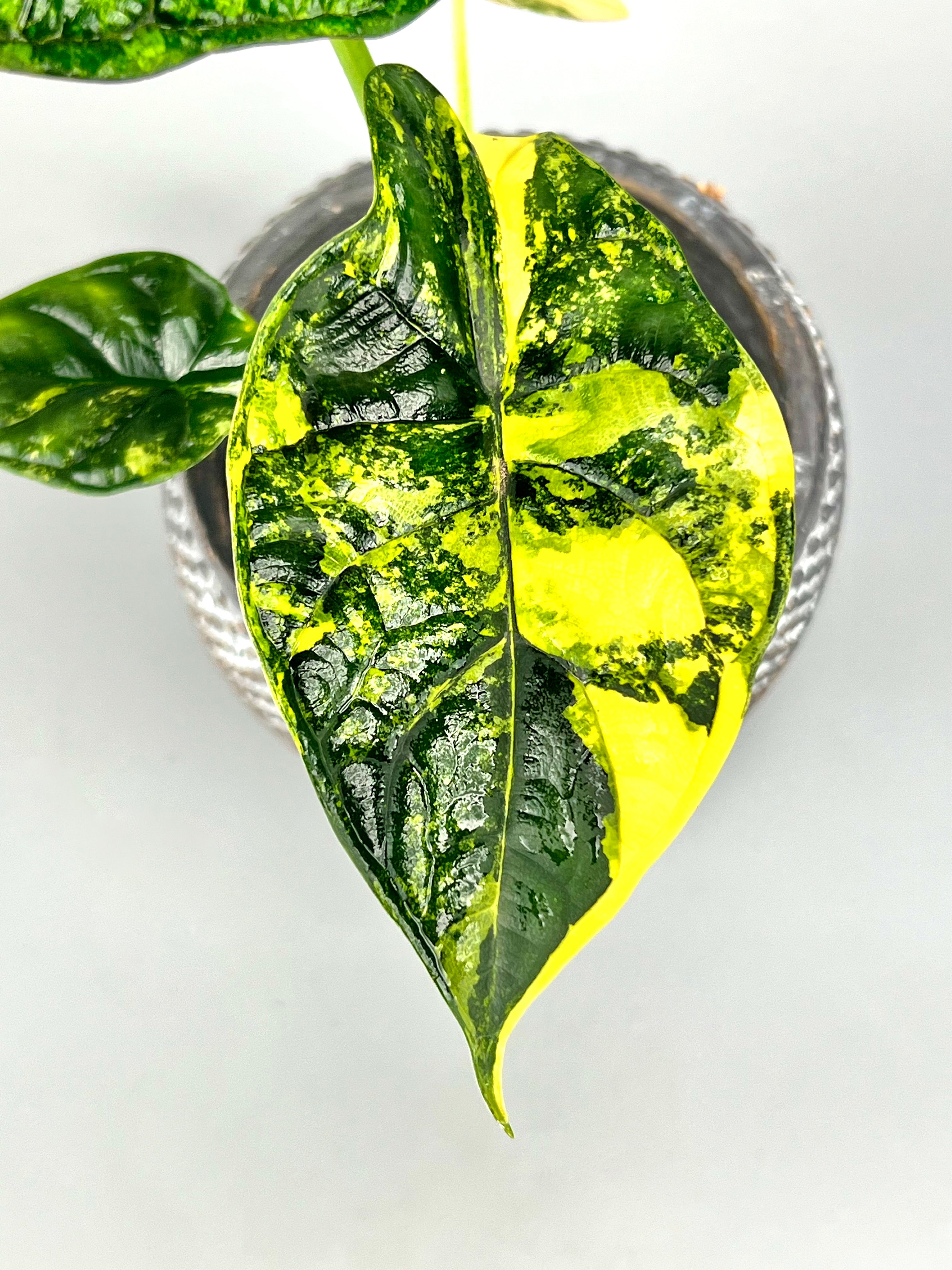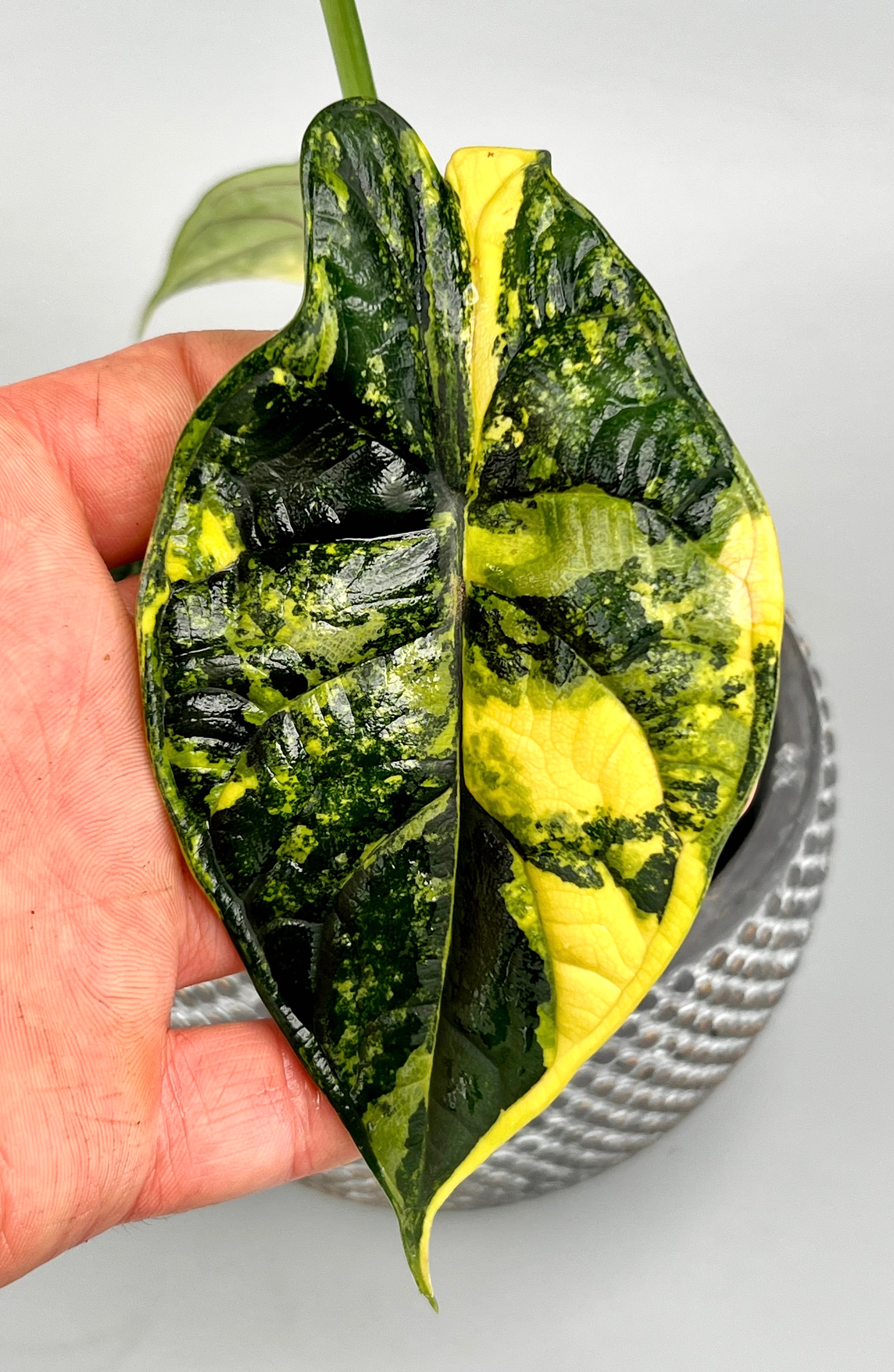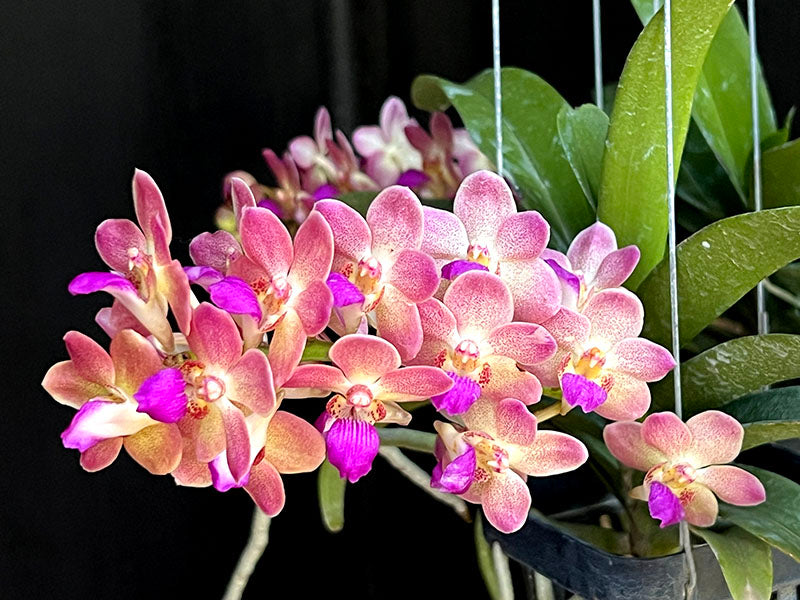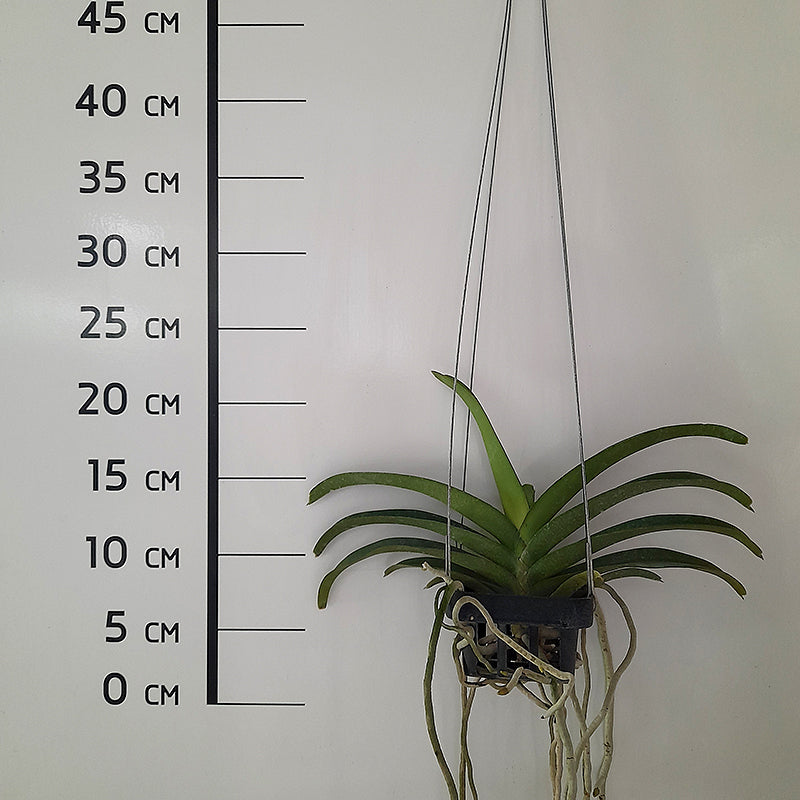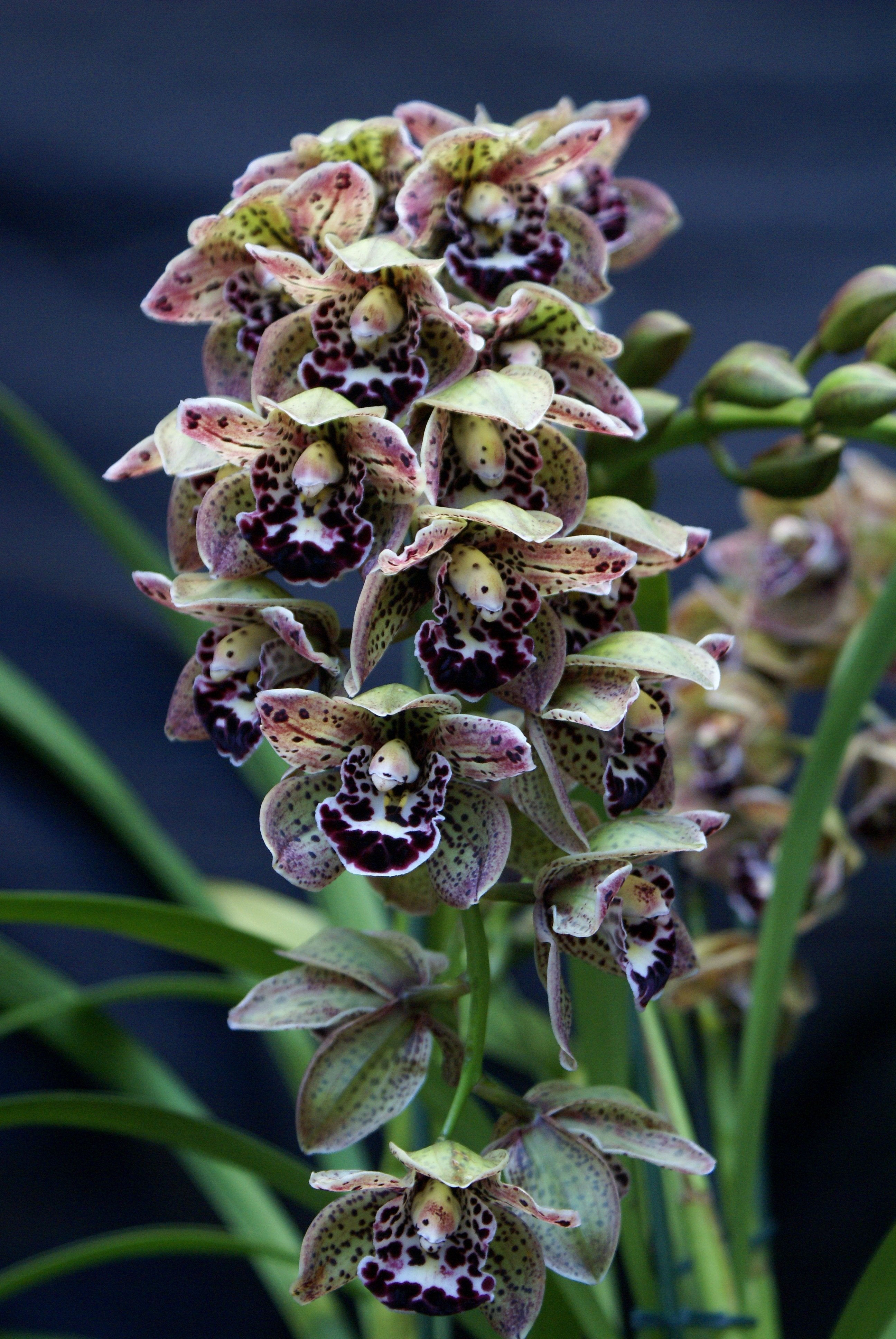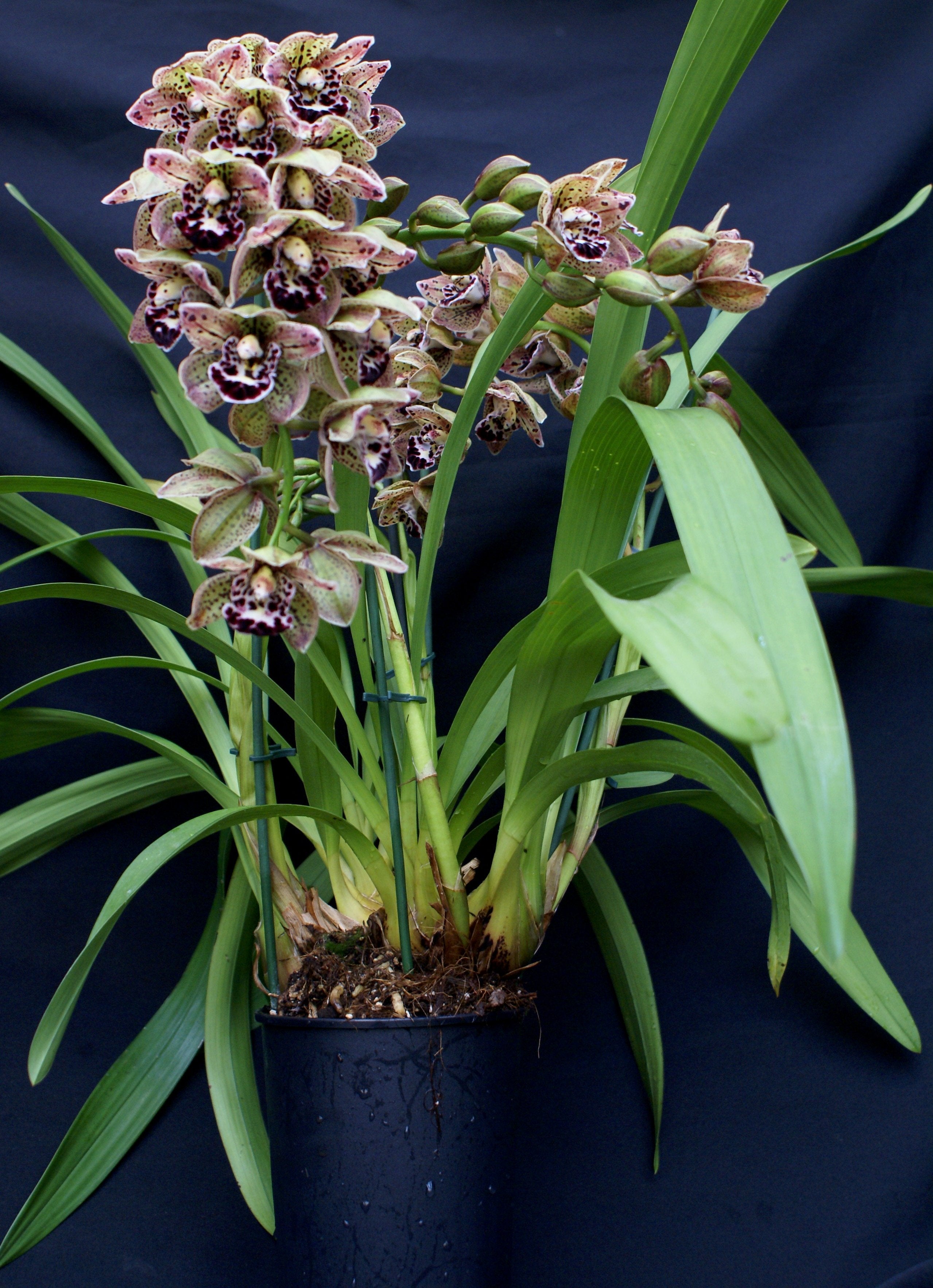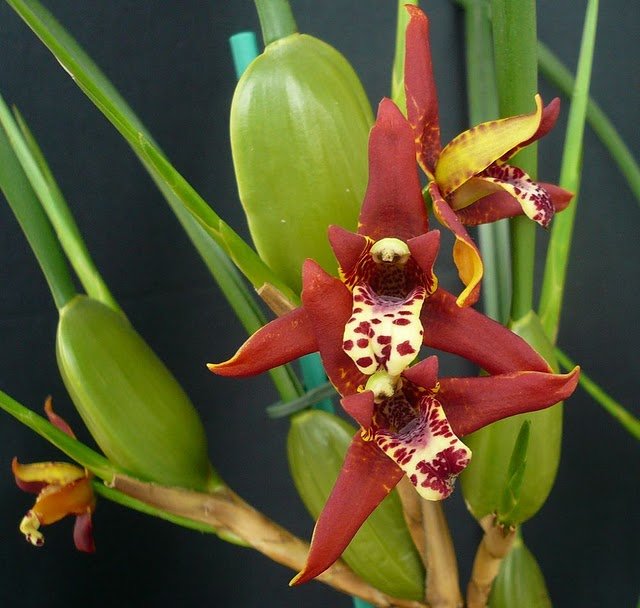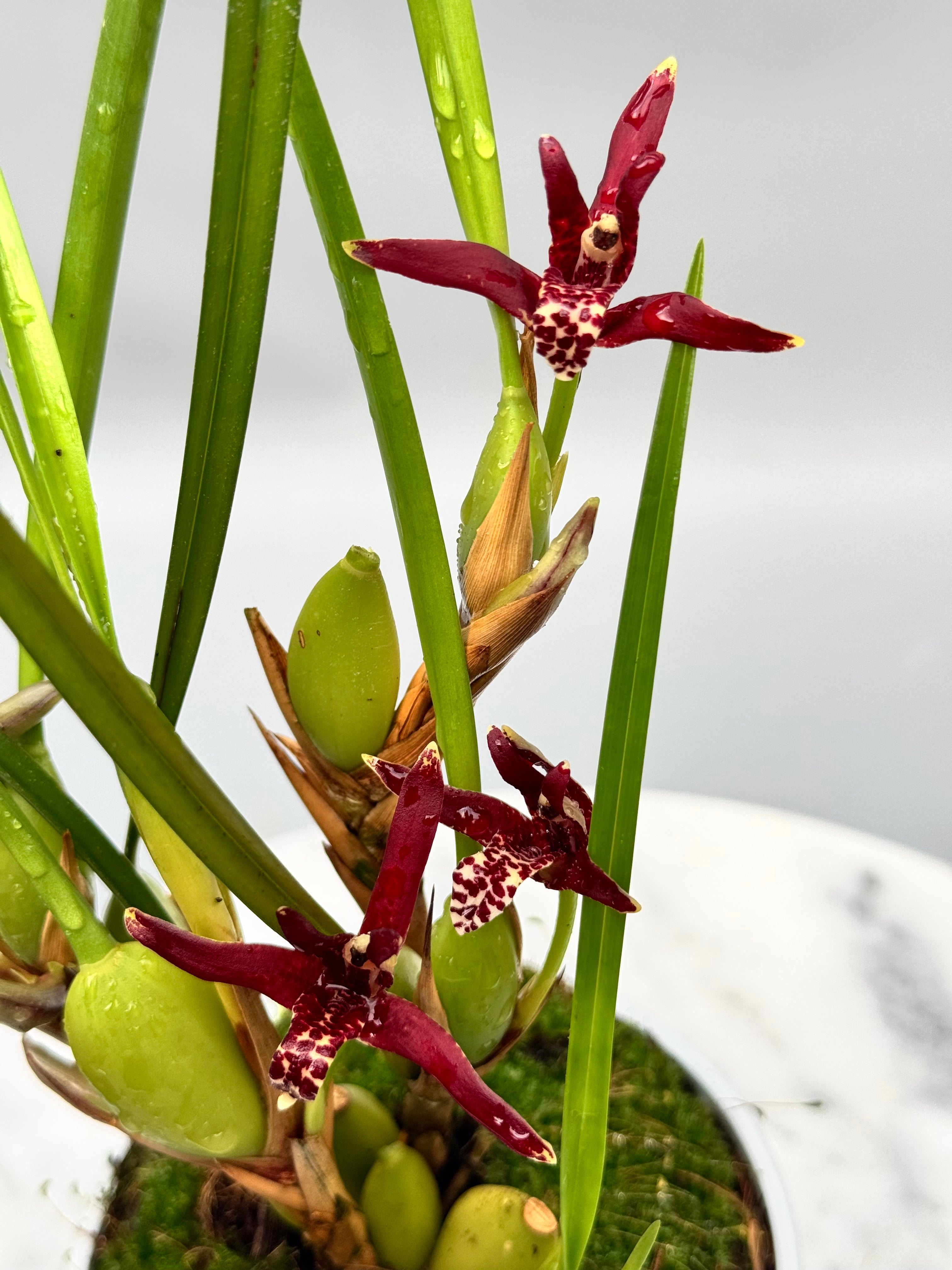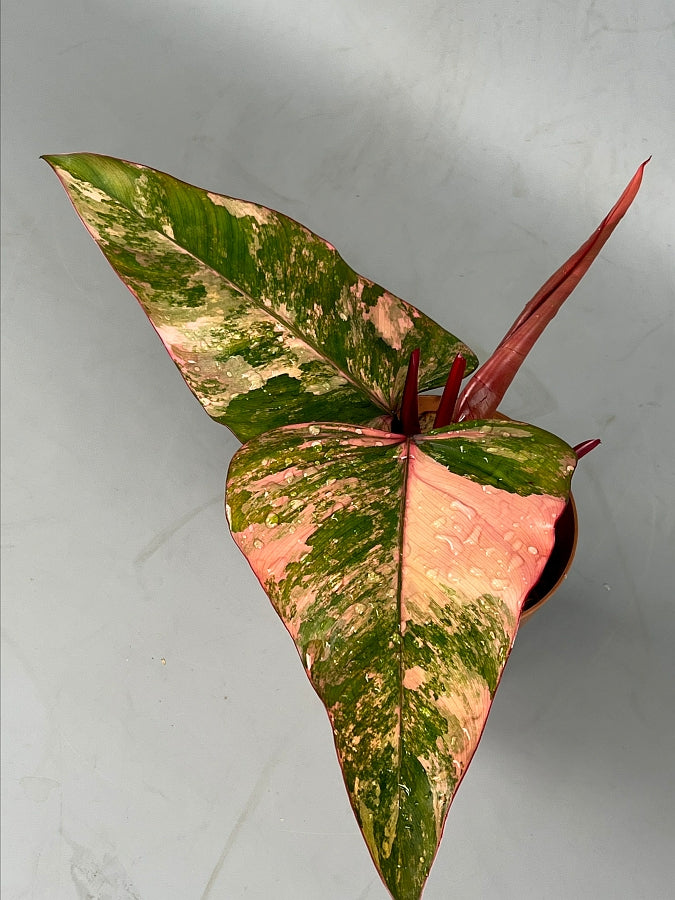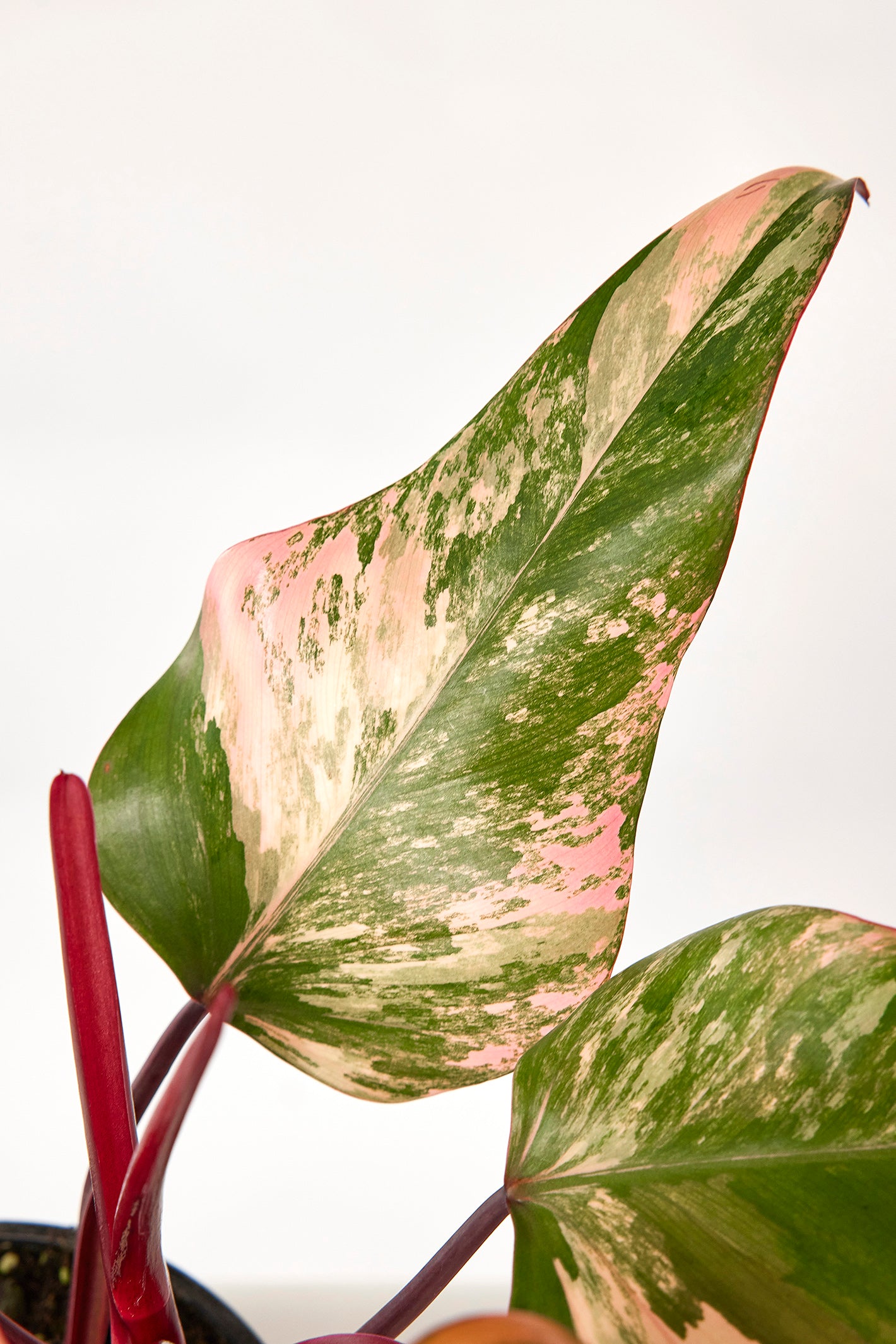Immerse orchids in a pot
The best way to water potted orchids is by immersion. Especially if you have a small number of orchids, this is the best way to approach nature. This way, the orchid can absorb water for about ten minutes. And when the pot is then put back after draining it, it can then wait again until the roots begin to look dry again and the substrate is no longer moist.
Do not pour water on the leaves
Something that is sometimes forgotten is that, unlike many "regular" green houseplants, the orchid does not like wet leaves. If puddles of water remain in the leaves, it can lead to damage to the plant. This is also one of the reasons that submerging orchids is the best way to water them.
Tap water or rainwater
Tap water is still tolerated in many simple orchids. The plant survives with it. Nevertheless, it is important that the plant gets the right nutrients. Moreover, we have many beautiful orchids in our assortment that immediately react dramatically to the composition of tap water. This is why we always recommend rainwater. Tap water can contain too high a dose of lime, chlorine and phosphate for the orchid. Although not harmful to humans, orchids do not like these substances. The accumulation of these substances can lead to damage over time. In addition, the composition of tap water is not as consistent. Therefore, rainwater or very well-filtered water is usually the best option for orchids.
Room temperature water
Orchids for the living room are native to areas where it is hot and humid. Not only drafts can cause damage to your beloved orchid, but too cold water can also be a cause. Therefore, it is recommended to water at room temperature or a few degrees warmer.
Water acidity
The acidity of the water is important to ensure that orchids absorb their nutrients properly. So do you want to take very good care of your orchids or do you have very difficult and rare species? Then it is important to keep an eye on the pH level. A pH value of between 5 and 6 is usually suitable. However, this can vary slightly for each species.
If the rainwater you collect has a different pH value, then it is time to see if the filters or pipes have deposits that cause a change in the acidity of the water.
Minerals
Giving the wrong water or water with a high concentration of minerals (like a lot of tap water) can cause a buildup of minerals in the potting soil and roots. As a result, the orchid may react to this and suffer damage. Accumulation in the roots can also occur with too much nutrition.
Administering orchid nutrition
Orchid nutrition is very different in composition from houseplant nutrition. So always give only orchid nutrition to your orchid. Moreover, an orchid does not need a lot of nutrition, but it does need fairly consistent compositions of water, so that the orchid does not take a hit from changing compositions. An orchid needs time to get used to the composition of the water. So building up nutrition for during the growing season and reducing it again in the fall is also important for optimal care.
In addition, it is better to give too little nutrition to an orchid than too much. So don't only pay attention to the recommendations for your species, but also pay attention to the reaction your orchid gives. This is not always immediately visible.
Now you know how to best water your orchid like a professional hobby grower and what to watch out for to keep an eye on the water quality. Want more tips for caring for your orchid? Then keep an eye on our blogs and subscribe to our newsletter!

